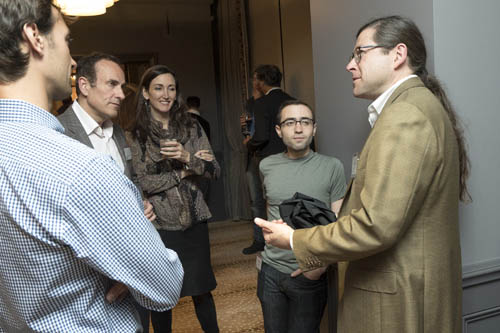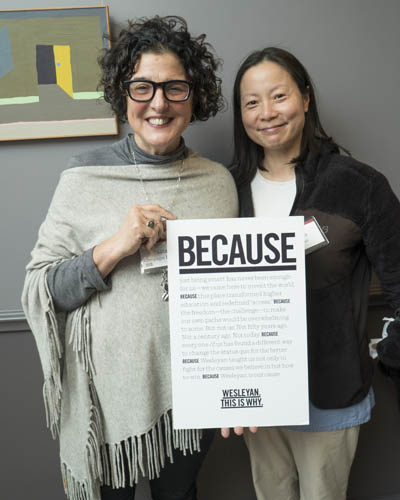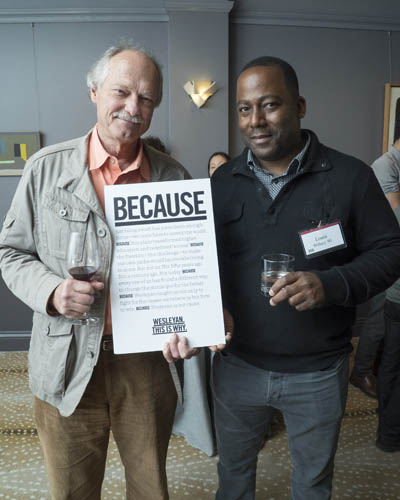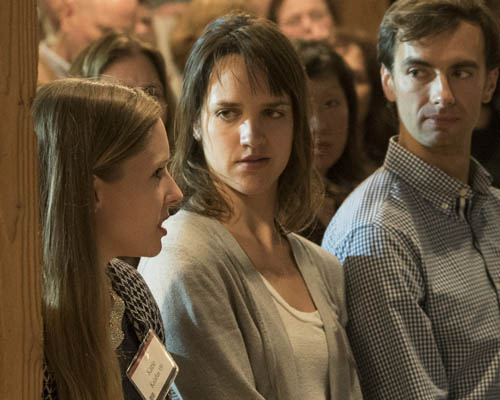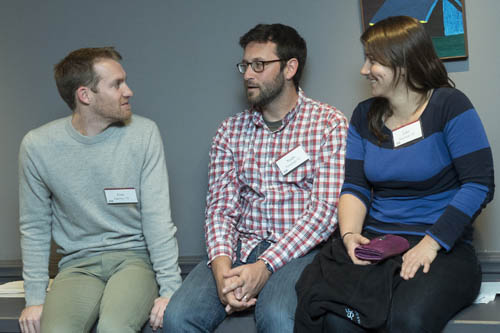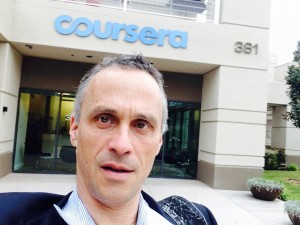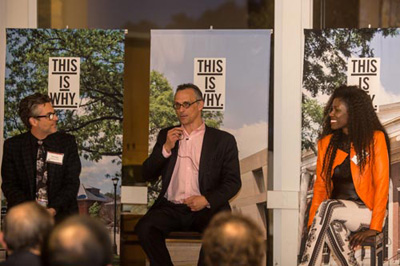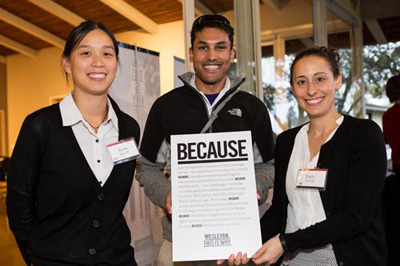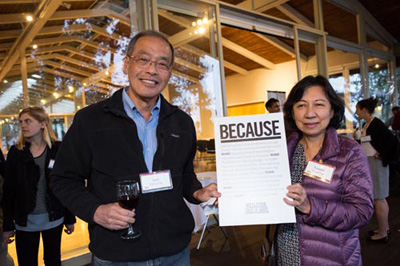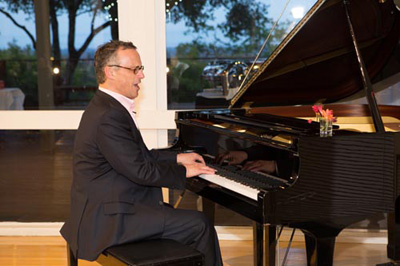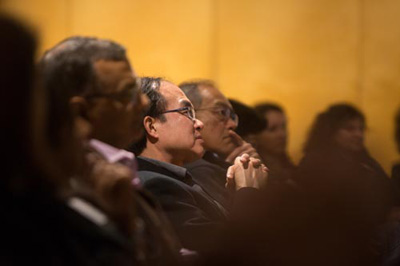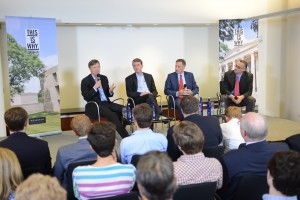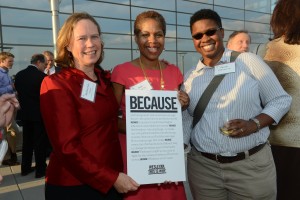I recently published this piece in the Hechinger Report.
“Nothing ever changes in academia,” the refrain goes. “Universities still teach the same way they did in the Middle Ages!” Usually I hear this tune from folks in the business world.
Trustees at Wesleyan University, where I am president, have for years been singing the siren’s song to professors about the benefits of online teaching, and usually the answer they get is: “It just doesn’t work.” Well, things in academia are changing now! The coronavirus has upended our plans and our prejudices. Students have left their campuses, and entire curricula have shifted into distance-learning mode.
“Things will never be the same in higher education!” is the refrain of the moment, and not just in the business world. Those who expected radical disruption in the wake of the Great Recession now seem to believe that it’s the coronavirus that will lead to a massive migration of students away from in-person learning and toward the promised land of tech-infused distance education.
Of course, millions of students had already moved to online courses over the last several years, in programs that were either aimed at specific skill-building or in programs that offered greater flexibility (and affordability) than can typically be found in on-campus settings. But despite growth in the numbers and sophistication of online options, high school seniors continue to apply for the opportunity to learn with one another on a college campus. Will the 2020 coronavirus pandemic change that?
I myself was teaching a class on campus, “The Modern and the Postmodern,” that I am now teaching remotely. I’d already adapted this class in 2013 as one of Coursera’s free online humanities offerings. In our current stay-at-home period, more than a thousand people have joined the pre-recorded version of this class each week. For me, it was pretty easy to imagine how I’d supplement the online pre-recorded lectures from my MOOC with discussions with Wesleyan students on the Zoom platform. Although we record these discussions, almost all of my 50+ undergraduates attend class together. We’ve been talking about Sigmund Freud, Virginia Woolf and Michel Foucault in our first weeks online, and the students have been as insightful as ever in connecting these texts to their own situations.
My colleagues report similarly positive experiences. Even those who used to chide me about leaving intimate education behind in offering MOOCs seem to be finding real value in teaching remotely on a platform that allows for discussion as well as lectures. Professors all over the country have been sharing tips on making their online educational environments as interactive and potent as possible.
I’ve been particularly impressed by suggestions that lead to more active learning (or project-based learning) among students who are scattered across great distances. I never found the right way to do that in my MOOCs because there were so many students enrolled and they were not moving through the material together. But I see now there are many more ways to do this than I’d imagined — from collaborations on science problems to coordinating music ensembles. I recently “attended” a fabulous pipe organ class recital, now displaced onto the various kinds of instruments student have at home. The problem wasn’t just the platform, it was my own limitations as a creative teacher.
At this point, undergraduates seem able to get hold of the material and address the tasks assigned on the syllabus. Seminar discussions on Zoom, Teams or Google Hangouts can be lively, lectures can be understood, and breakout sessions and team projects can be completed. Still, many students want nothing more than to be back on campus.
A cynic might say that the entitled young people miss their climbing walls and their beer pong, their lazy rivers and their bar-hopping, and surely some do miss the social bonds that form in the recreational dimensions of the college experience. But students are finding they miss a lot more than that. They miss the opportunities that campuses provide to amplify the straightforward instruction from classes via serendipitous encounters, informal discussion and collaborative discovery.
Sure, classes convey information about molecular biology or World War II, macroeconomics or social psychology, but the lessons are amplified and become resonant as students talk about them in the cafeteria, before sports events, in the library or in the dormitory lounge. Campuses provide homes for students, to be sure, but they also are environments in which the specifics that one learns are integrated into who one is as a person and into what one comes to think and believe as a member of a community.
On a campus, students encounter other people learning, and even when the subject of discussion isn’t a class, the lessons of a liberal education resonate into multiple dimensions of their lives. For faculty, too, the opportunity to talk with colleagues and with students outside of class amplifies the continuous learning that is their calling.
We are unlikely to see a massive migration away from campuses as a result of more students and teachers having “discovered” distance learning. But professors are likely to use a wider array of digital tools so as to make their in-person teaching on campus as compelling as possible. Tools in liberal education may be changing, but its essential mission — its core task of empowering the whole person — is not.
We Americans can sometimes gravitate toward efficient transactions, but education is impoverished — not made frictionless — when it is reduced to isolated exchanges among people in predetermined boxes (even when those boxes are on a computer screen).
Our goal as teachers should be to facilitate the amplification of what we teach so that what students learn resonates more fully in their lives. In this way, the skills that students build will strengthen them not just in building successful careers but also in searching for meaning and connection in their years beyond the university.



